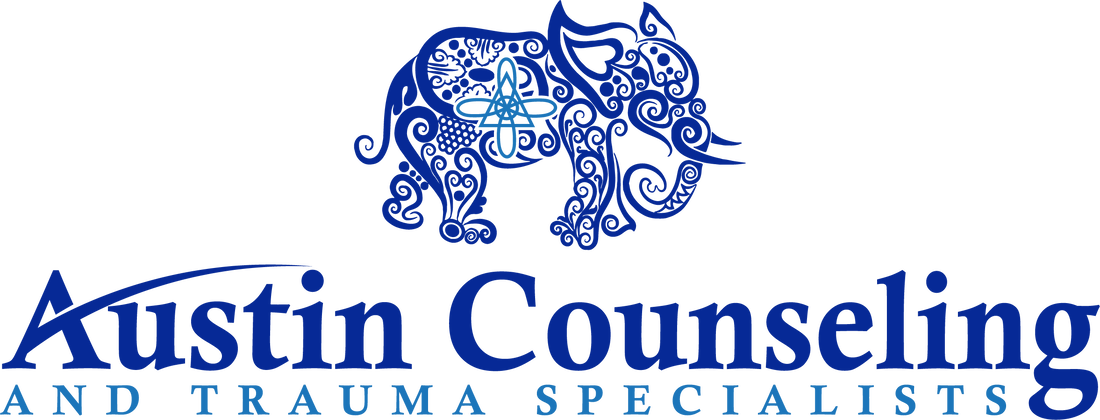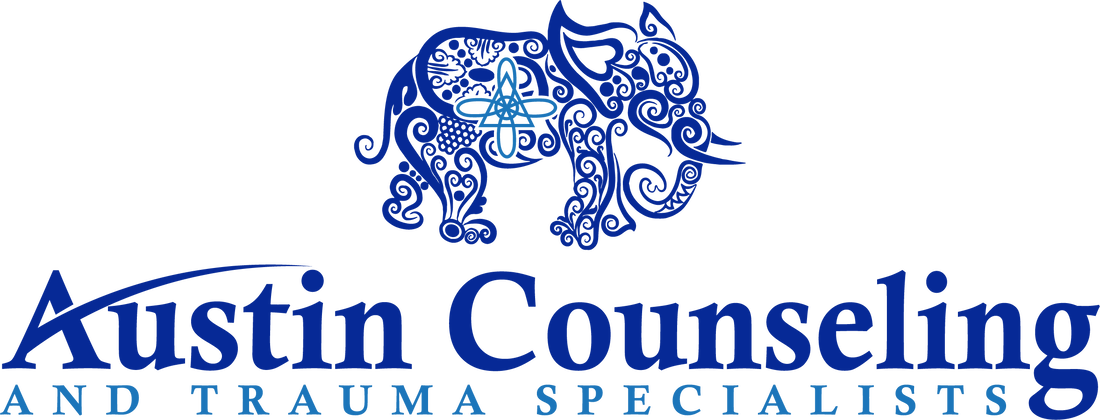
How Can Counselling Help With Trauma?
How Can Counselling Help With Trauma?
Counseling can help individuals who have experienced trauma in a number of ways. Counselors can provide support and guidance as individuals work through their thoughts and feelings related to the trauma. They can also teach coping and problem-solving skills to help people manage their reactions to trauma. In addition, counselors may use exposure therapy or other techniques to help people confront their traumatic memories and experiences in a safe and controlled environment. By doing so, individuals can begin to process and cope with the trauma in a more healthy way. Counseling can also help people build better relationships and increase their support network, which can be beneficial after a traumatic event. Finally, counseling can provide a sense of hope and empowerment by helping people understand that they are not alone in their experiences and that there is help available. If you or someone you know is struggling with the effects of trauma, please seek professional help. Counselors can assist individuals in reclaiming their lives and moving forward in a positive direction.
What Are the Different Techniques to Treat Trauma?
There are a number of different techniques that counselors can use to help people who have experienced trauma. Counselors may use one or more of these techniques, depending on the individual's needs and preferences.
Cognitive-behavioral therapy (CBT) is a type of therapy that helps people identify and change negative thinking patterns and behaviors that are contributing to their distress. CBT can be used to help people manage symptoms of post-traumatic stress disorder (PTSD), anxiety, and depression. Learn more here.
Exposure therapy is another type of treatment that can be used to help people confront their traumatic memories and experiences. Exposure therapy involves gradually exposing an individual to triggering memories or situations in a safe and controlled environment. The goal is to help the person learn to cope with these memories and feelings in a healthy way.
Dialectical behavior therapy (DBT) is a type of therapy that helps people manage difficult emotions and relationships. DBT can be helpful for people who have experienced trauma, as it can teach them how to tolerate intense emotions and distress. DBT also teaches skills like mindfulness and emotion regulation, which can be beneficial for individuals who struggle with PTSD or other trauma-related symptoms.
Group therapy is a type of counseling that involves meeting with a group of people who have similar experiences or issues. Group therapy can provide support and understanding from others who have gone through or are going through something similar. It can also be a helpful way to learn new coping skills.
Family therapy is another type of counseling that can be beneficial for families who have experienced trauma. Family therapy can help families communicate effectively, work through conflict, and support one another.
Counselors may also use other techniques, such as art therapy or play therapy, to help people who have experienced trauma. These techniques can provide a way for people to express their thoughts and feelings in a safe and supportive environment.
No matter what type of technique is used, counseling can be an effective way to help people who have experienced trauma. Counseling can provide support, guidance, and skills that can help people manage their reactions to trauma and begin to heal. If you or someone you know is struggling after experiencing a traumatic event, please seek professional help. Counselors can assist individuals in reclaiming their lives and moving forward in a positive direction.

